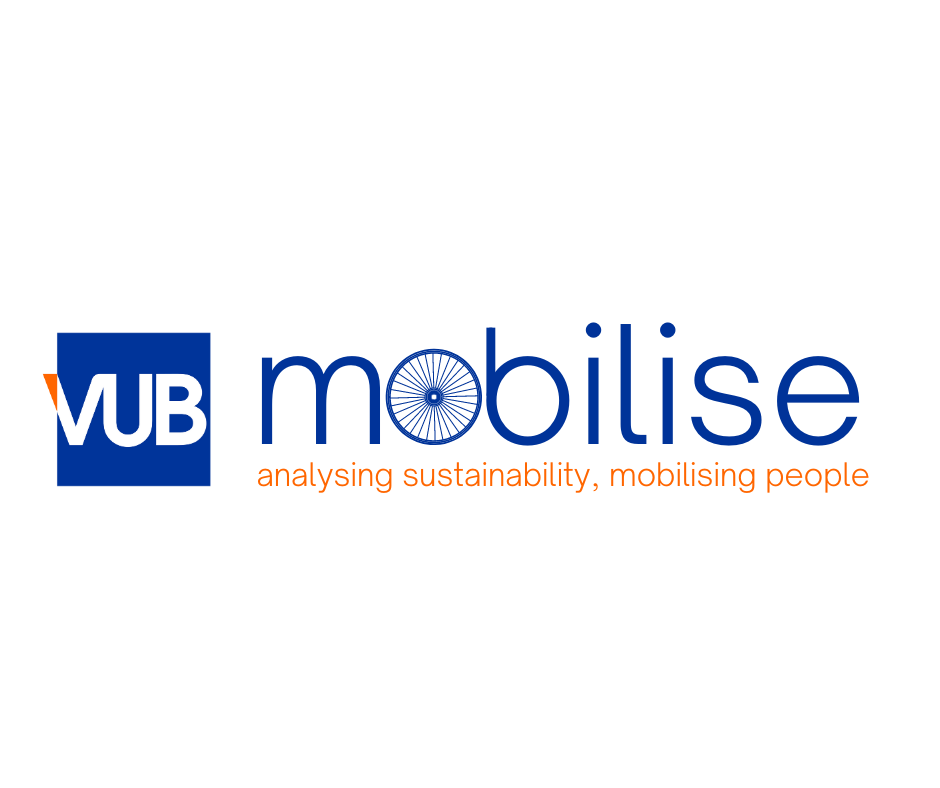Urban mobility
Urban mobility at a paradigm change
The uncontrolled growth of urban traffic for the past decades has caused numerous problems affecting the quality of life in cities. These problems include environmental pollution, safety, and social exclusion. Therefore, a new discourse of transport planning emerged focusing on the management of travel demand and the promotion of a modal shift from car transport to sustainable modes such as public transport, cycling and walking. Sustainable urban mobility policy ensures that people can access essential services in an affordable, inclusive, environmentally friendly and safe way.

Our ambition
Our ambition is to accelerate the transition to a more sustainable, people-centric and just urban mobility system by supporting stakeholder participation and the shift to more sustainable behaviour.

Our focus areas
- Impact assessment of mobility interventions and services
- Stakeholder-based evaluation of mobility measures
- Process evaluation and transferability assessment of tools and interventions
- Participatory foresight (scenario building and visioning) to cope with uncertain futures
- Policy packaging
- Designing and conducting a co-creation process with citizens
- Evaluation of equity and inclusiveness of infrastructure and services
- Design and analysis of travel behaviour surveys
- Online and face-to-face trainings for professionals and policy makers

Collaborative, mixed-methods research and innovation
We work with stakeholders within and outside of academia and engage with citizens in urban living labs.
We conduct fundamental, strategic and applied research and work with policy makers, civil organisations and private companies on innovation projects and trainings.
We combine qualitative (interviews, focus groups, observations, content and discourse analysis, action research) and quantitative (statistical analysis, multi-criteria analysis) methods to investigate all facets of mobility including social, environmental and economic aspects.

Ongoing projects

Completed projects

Results










































